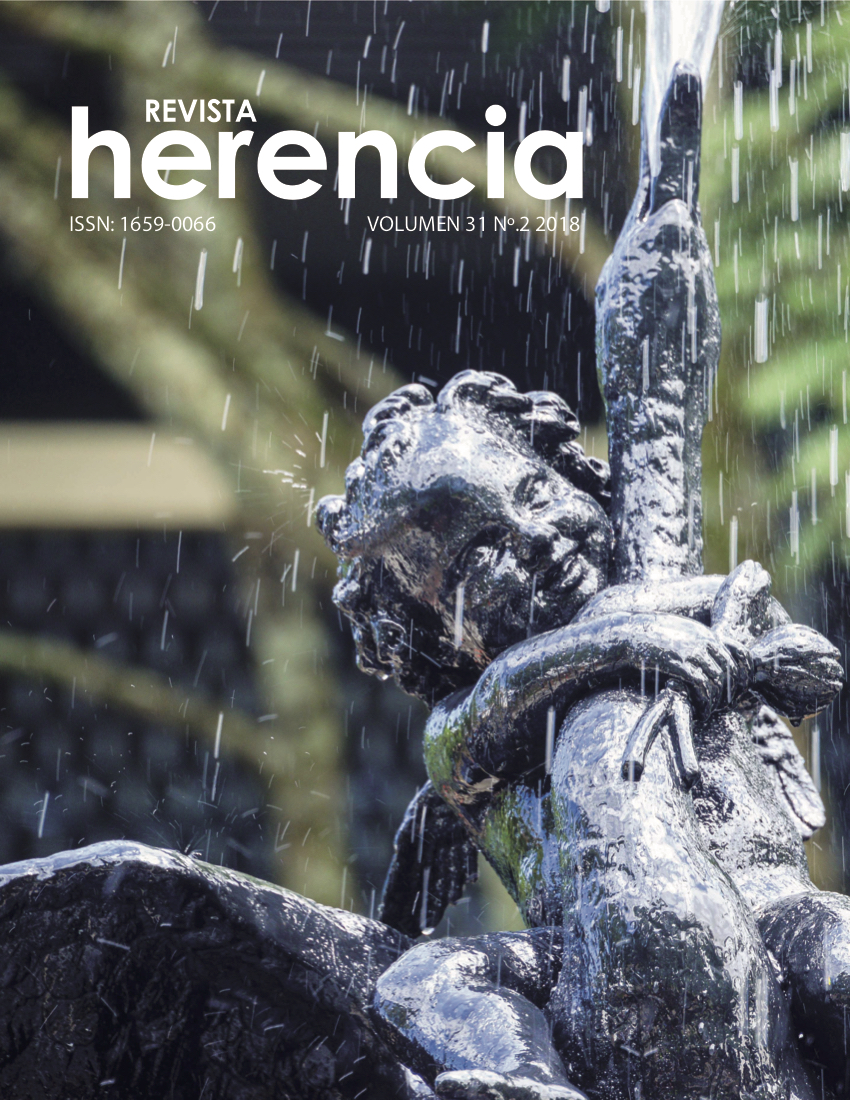Abstract
In general terms, this research offers systematic findings for the entire period of publication about the children's magazine Triquitraque (1936-1947), which became part of the intellectual heritage of the literate and schooled children population in Costa Rica during the first half of the twentieth century. However, this work takes into account that schoolchildren are transmitters of knowledge at home to their parents or guardians, this publication had a ludic-educational approach characterized by the literary knowledge of its co-directors in the content, becoming a national and international cultural dissemination magazine.

